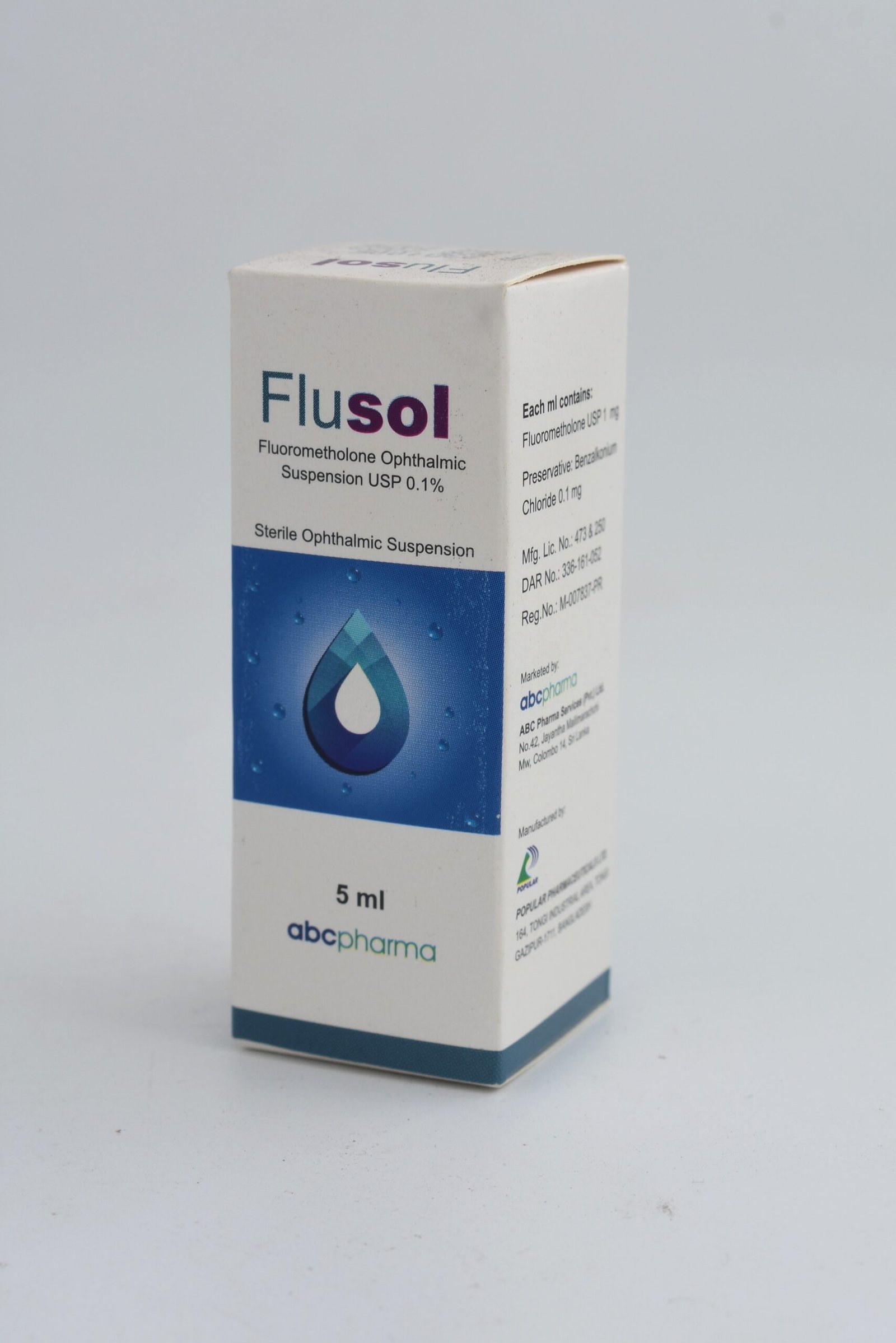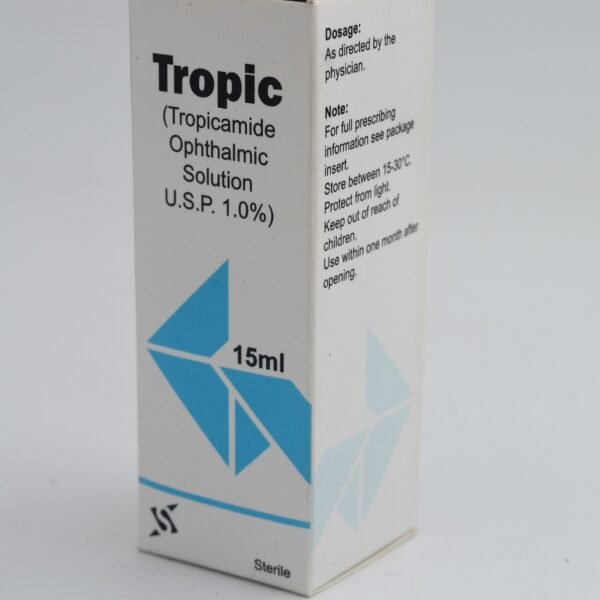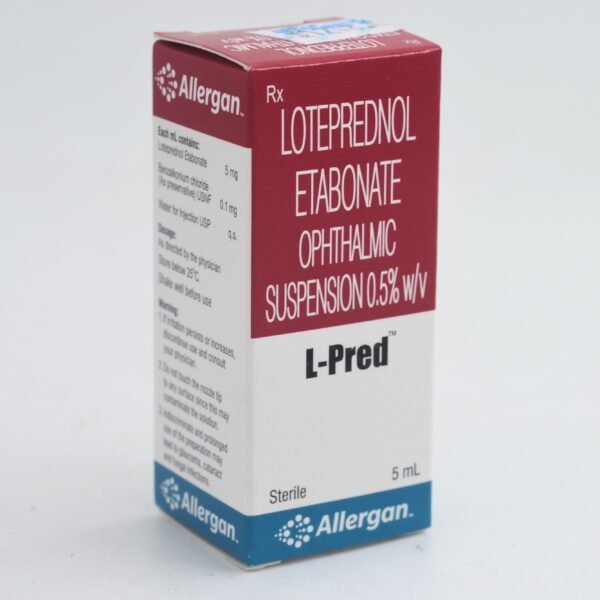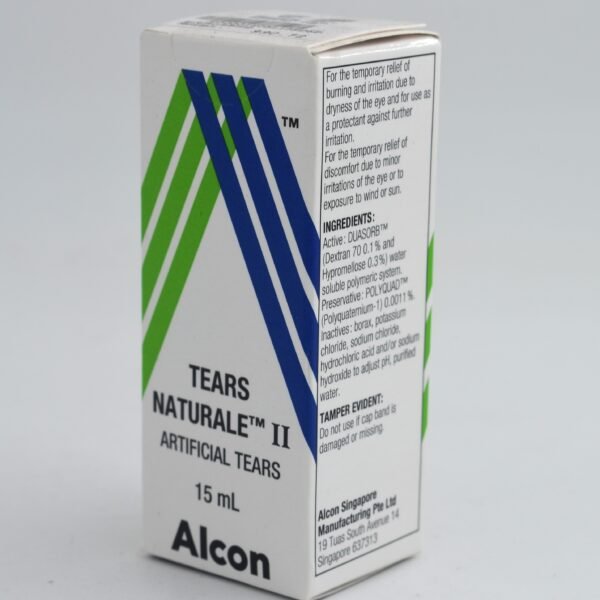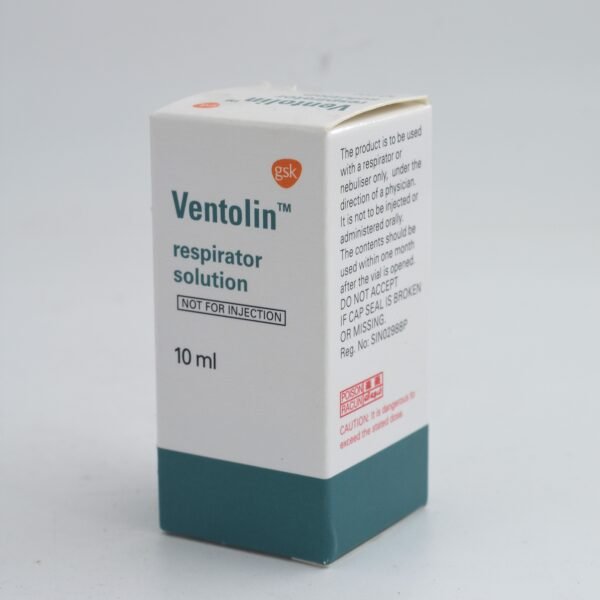About Flucol Eye Drop
FLUCONAZOLE belongs to the class of medicines called ‘antifungal’ used to treat a broad range of infections caused due to fungi and yeast. A fungal infection is caused when a fungus invades and affects any part of the body, including the mouth, throat, esophagus, lungs, bladder, genital area, and blood. FLUCONAZOLE can effectively treat fungal infections, including Vaginal Candidiasis (a vaginal yeast infection caused by Candida), urinary tract infection caused by Candida species of fungi, and cryptococcal meningitis (fungal infection of the brain and spinal cord in AIDS patients). FLUCONAZOLE cannot treat a viral infection like flu or a common cold.
FLUCONAZOLE contains ‘fluconazole’ that kills or prevents fungi or yeast by inhibiting an enzyme in fungi responsible for its normal fat metabolism, which interferes with the formation of the fungal cell membrane. As a result, fungal or yeast cells get killed or their growth is minimized. FLUCONAZOLE is available in the form of oral (tablet and suspension) and injection formulations. You should only take this drug if advised by your doctor. You can take FLUCONAZOLE with or without food.
FLUCONAZOLE has common side effects like headache, diarrhea, nausea, upset in the stomach, dizziness, stomach pain, and altered food tastes. You seek immediate medical attention if you experience other side effects such as fever, chills, symptoms of flu, weakness, easy bruising, seizures, skin rashes, faster or irregular heartbeat, shortness of breath, clay-colored stools, and jaundice.
Tell your doctor if you have already consumed or stopped taking other drugs since they affect FLUCONAZOLE. These include over-the-counter medicines (OTC), herbal, and vitamin supplements. Let your doctor know if you use medications for other infections, heart problems, high blood pressure, HIV, mental illness, cancer, or malaria. Also, tell your doctor if you are pregnant or planning to become pregnant.

